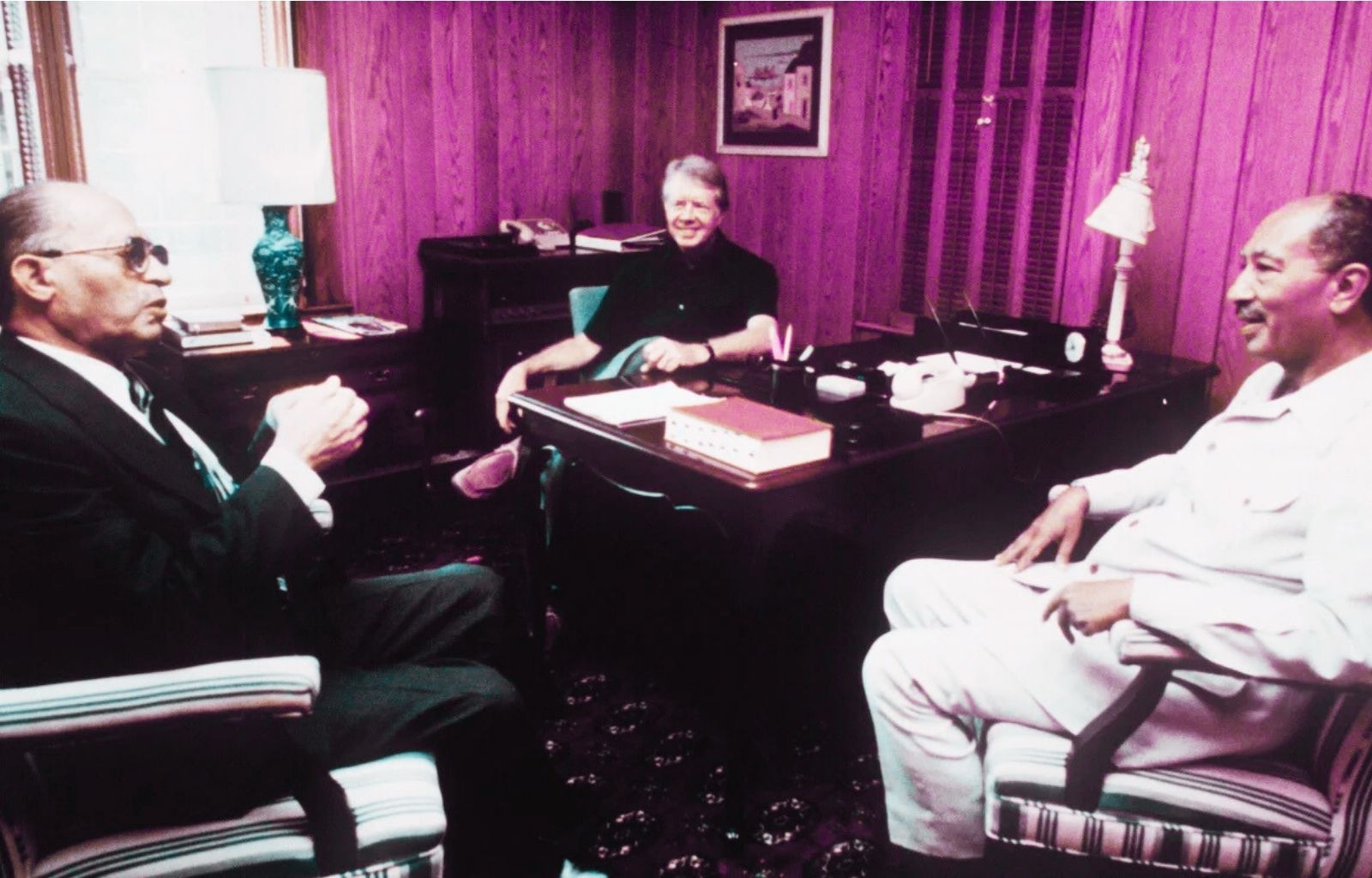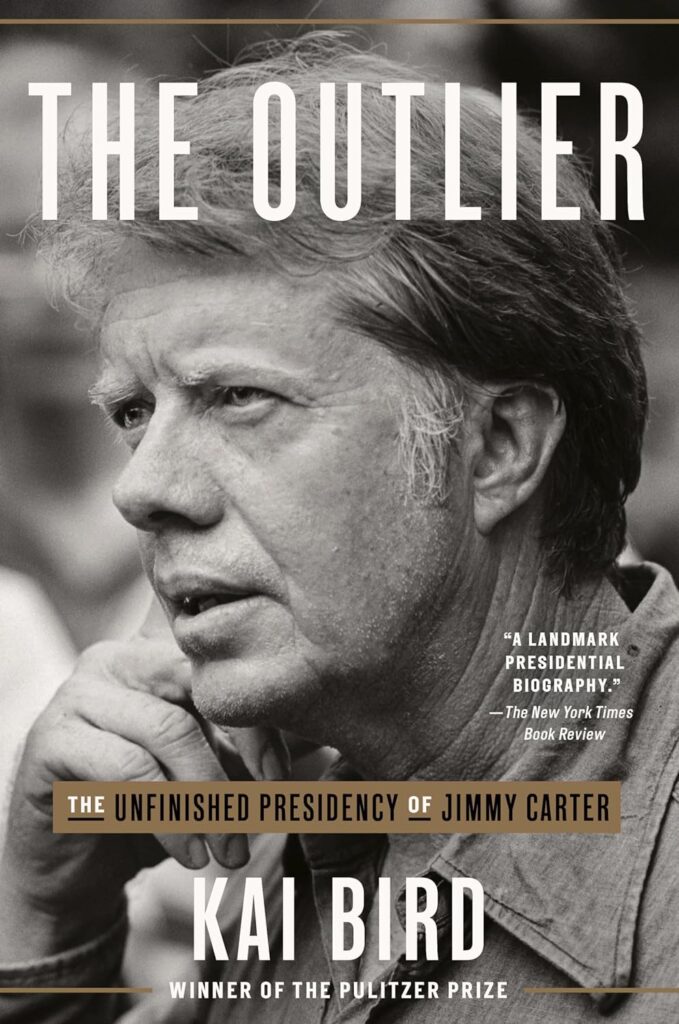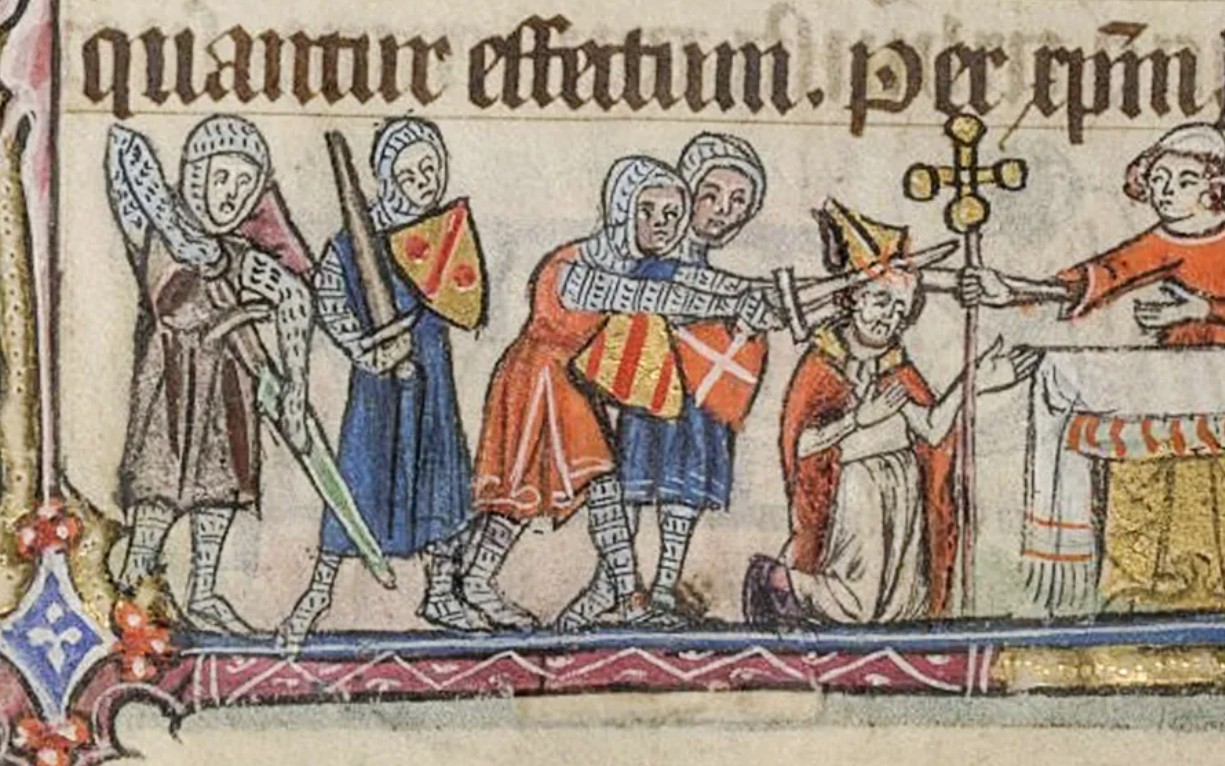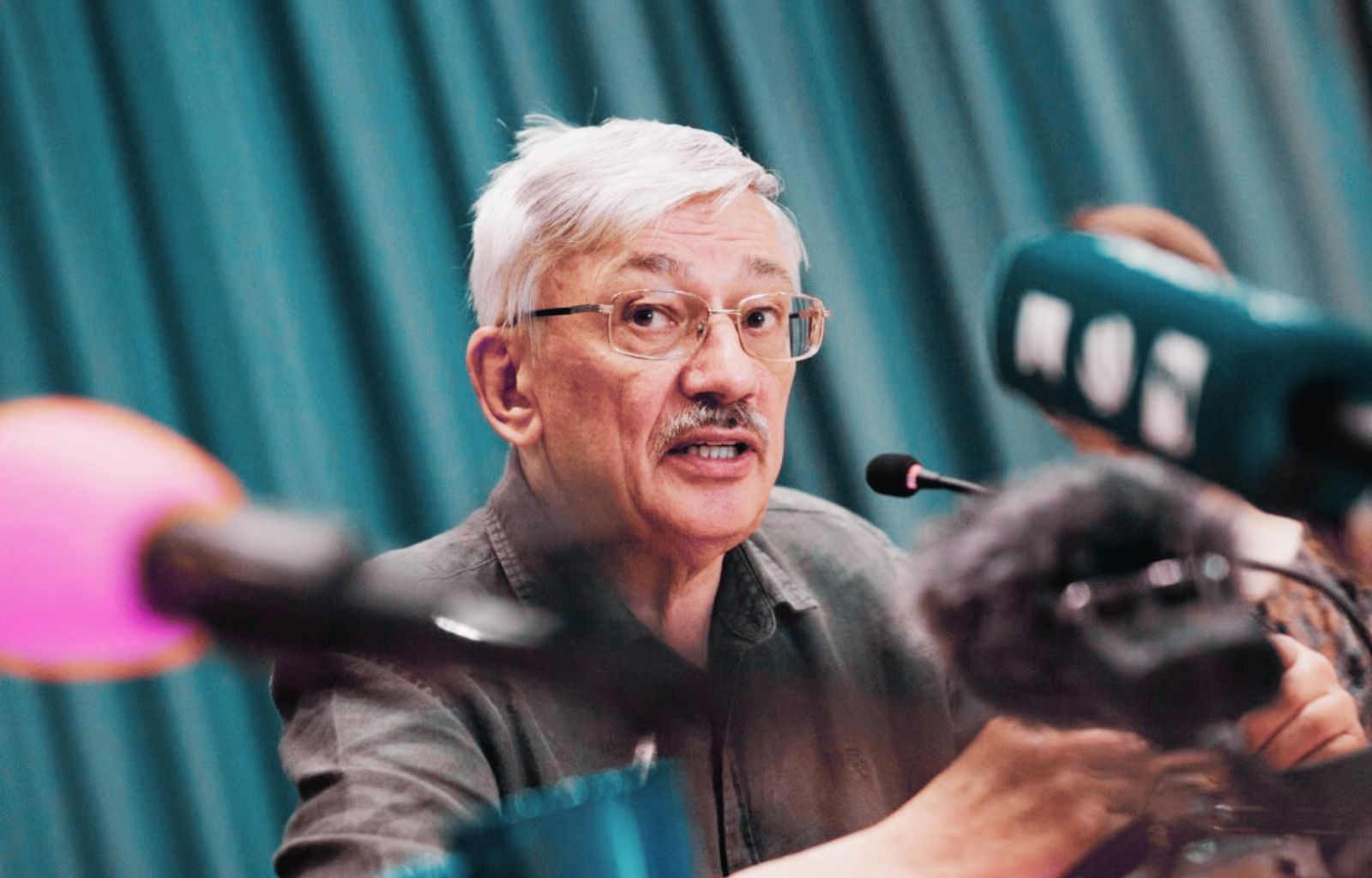Jimmy Carter, a progressive conservative: History will recognise his merits

The thirty-ninth American President and Nobel Peace Prize winner James Earl Carter, known as Jimmy, who held office from 1976 to 1980, when he left the White House defeated by Ronald Reagan, died in the evening of 29 December, at the age of 100, after a single presidential term considered by many to have fallen short of expectations. Nevertheless, Carter would later become one of the most respected and appreciated American figures in the world, also thanks to his efforts for peace and the promotion of human rights, through the Carter Center, a foundation that occupied the president’s more than 40 years of life after his four years as Commander in Chief.
State policy
Carter was born in Georgia, grew up in a house with no plumbing surrounded by poor black families and was the only president to ever live in a council house. After more than 10 years in the Navy, he returned home to run the family peanut farm following the death of his father in 1953. His political career began in 1963 as a state senator for Georgia, and he went on to become its governor in 1970, supporting anti-segregationist ideas and defendingaffirmative action, even though the influence of Jim Crow laws and the Ku Klux Klan were still very relevant in the local communities (his lieutenant governor would be Lester Maddox, a former governor and strong supporter of segregation).
As governor, he pushed for a reform of racial segregation, while adopting a compromise position between the desire to ensure social progress (he is a progressive evangelical, Christian cultural tradition that pushed for a progressive reading of the Bible with respect to social justice and war, while maintaining a purely conservative view with respect to issues of morality and sexuality) and the state’s strong conservative component.
Another important programme of Governor Carter’s is zero-based budgeting, a method of financial planning in which each programme and expenditure must be individually evaluated and justified as if it were proposed for the first time, in order to optimise resources and reduce waste through a detailed examination of every dollar spent. With this programme, 300 state agencies are amalgamated into 22 superagencies, generating large savings for the state coffers that are also reinvested in prison reform and equitably funding public schools even in the most backward areas of the state.
Race (and arrival) to the White House
Jimmy Carter’s entry into office came as the perfect storm, at a time when people trusted the traditional political class very little, in the wake of the Watergate scandal. Partly due to the weakness of President Ford, who had granted Richard Nixon a pardon, Carter presented himself as an outsider, the honest and morally upright governor of Georgia unaccustomed to the power of Washington, demonstrating an extraordinary ability to read a country that wanted a strong change from the political class of the time (it is no coincidence that his slogan would be ‘I will never lie to you‘).
When he ascends to the leadership of the country, everyone fervently hopes that Carter will succeed. On his second day as president, he pardoned all draft resisters from the Vietnam War. Because of his opposition to a series of congressional ‘pork barrel‘ initiatives (aimed at securing often inefficient government spending in the congressmen’s home territories) Carter antagonised Democratic leaders, limiting and obstructing his ability to govern. bring about significant change, which is not to say, however, that Carter did not change the United States or achieve results.
Internal politics
On the domestic front, Carter could be described as a conservative Democrat, a position that was not as deeply oxymoronic at the time as it might be today. He was an extremely fiscally responsiblepresident (much more so than Reagan, who tripled the US debt in eight years); he initiated a series of deregulations that was later taken up by his Republican successors in the road and rail transport sector and in the civil and commercial aviation sector; he increased military spending that had been declining since the end of the Vietnam War.
The fight against inflation was one of the main problems faced during his term in office, which Carter tackled by attempting to reform the energy sector in order to reduce US dependence on foreign oil and especially on fluctuations in its price, promoting measures that were innovative at the time, such as the use of energy-saving technologies, the promotion of renewable energy and civil nuclear power as alternatives to oil. One of Carter’s successes was the appointment of Paul Volcker as President of the Federal Reserve in 1979: Volcker embarked on a very restrictive monetary policy that, although unpopular, proved effective in the long run in controlling inflation.
Foreign Policy
The foreign policy line of the Carter presidency was quite different from his predecessors. In addition to a sincere pro-Europeanism (an element of discontinuity compared to his predecessors and also to some of his successors), the president, in fact, believed that US foreign policy should be based on respect for human rights and democratic values, condemning the support that the United States offered to various autocracies in the name of anti-communism, emphasising that an authoritarian anti-communist regime could not be a desirable alternative to communism. His main failure, which was to have a major influence on Carter’s popularity, was undoubtedly the crisis of the 52 US hostages held in the Tehran embassy for over a year as a result of the medical treatment granted by the President to the Shah exiled by the 1979 Iranian Revolution.
His main foreign policy success was undoubtedly the Camp David Accords of September 1978, which succeeded in establishing the basis for the bilateral peace treaty concluded between Israel and Egypt in March 1979. After 12 days of intense talks, also made difficult by the personal differences between Egyptian President Sadat and Israeli Prime Minister Begin, an agreement was reached that provided for mutual recognition between Israel and Egypt and the Israeli withdrawal from the Sinai occupied since 1967. On the Israeli-Palestinian issue, Carter caused a stir when he published his book Peace, not Apartheid, sharply criticising Israel’s policies towards the Palestinian people and arguing the need to open a dialogue with the Hamas movement (the book was published in 2006).
After the presidency
President Carter was extremely active after his term in office. Through the Carter Center, he set out with his wife Rosalynn to end conflicts, support democratic institutions and processes, promote human rights, sometimes intervening directly to try to resolve international crises. For his constant diplomatic and humanitarian efforts, he received the Nobel Peace Prize in 2002, perhaps the most important recognition for a person profoundly shaped by Christian values, who always lived with the ideal of helping ‘the least of these‘.
A judgement, pending history
Ultimately, Jimmy Carter’s presidency, often dismissed as insipid and ineffective, deserves a more articulate and thorough reappraisal. Despite certain choices and a political style that alienated a significant portion of the Democratic left, Carter distinguished himself through a series of successes and far-reaching reforms that were only fully recognised with the passage of time.
The ‘progressive conservative‘ embodied a political vision that was unusual and brave. Fiscally conservative, but decidedly liberal on issues such as civil rights and environmental protection, he placed a strong commitment to deregulation at the centre of his mandate, seeking to address the economic difficulties of the 1970s (among his most significant achievements were the deregulation of the airline industry, which made travel more affordable and competitive, and the deregulation of the energy sector, which helped reduce American dependence on foreign oil).
In many respects, in short, Carter was a true ‘deregulator’, initiating transformations that would sustain economic growth for decades. However, his pragmatism and conservative leanings did not find wide acceptance in an increasingly left-leaning Democratic Party. At the same time, Republicans, while privately appreciating some of his policies, were reluctant to give public recognition to a political opponent.
Carter was, after all, a de facto conservative president, even though he belonged to a party that was moving further and further to the left. His policies had a profound effect on the American economy and society, but his restrained style and lack of a strong political narrative overshadowed his successes in the eyes of the public.
Time will allow for a more balanced reading.

The Outlier: The Unfinished Presidency of Jimmy Carter – by Kai Bird
Carter’s political odyssey turns out to be a rich and deeply human story, marked by formidable successes and painful political adversity. In this deeply documented and brilliantly written account, Pulitzer Prize-winning biographer Kai Bird masterfully narrates the Carter saga, revealing it as a tragic turning point in American history.
Buy the book, you will support L’Europeista











